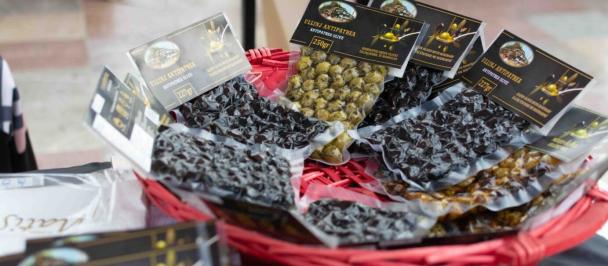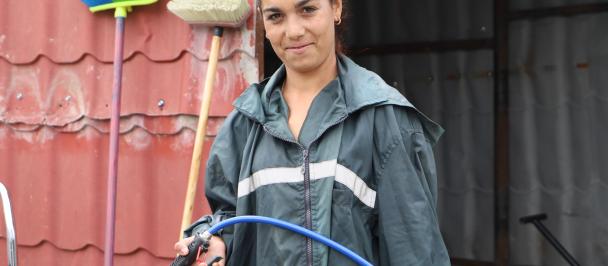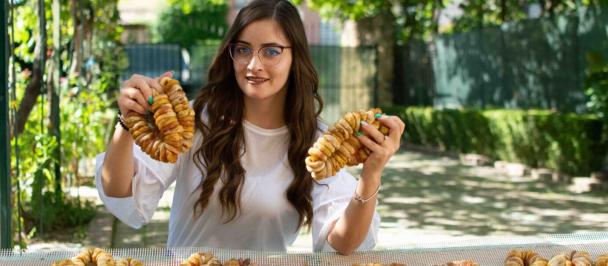UNDP Albania
Solar panels. Solar Energy! A story from the Albanian Alps!!
November 9, 2022
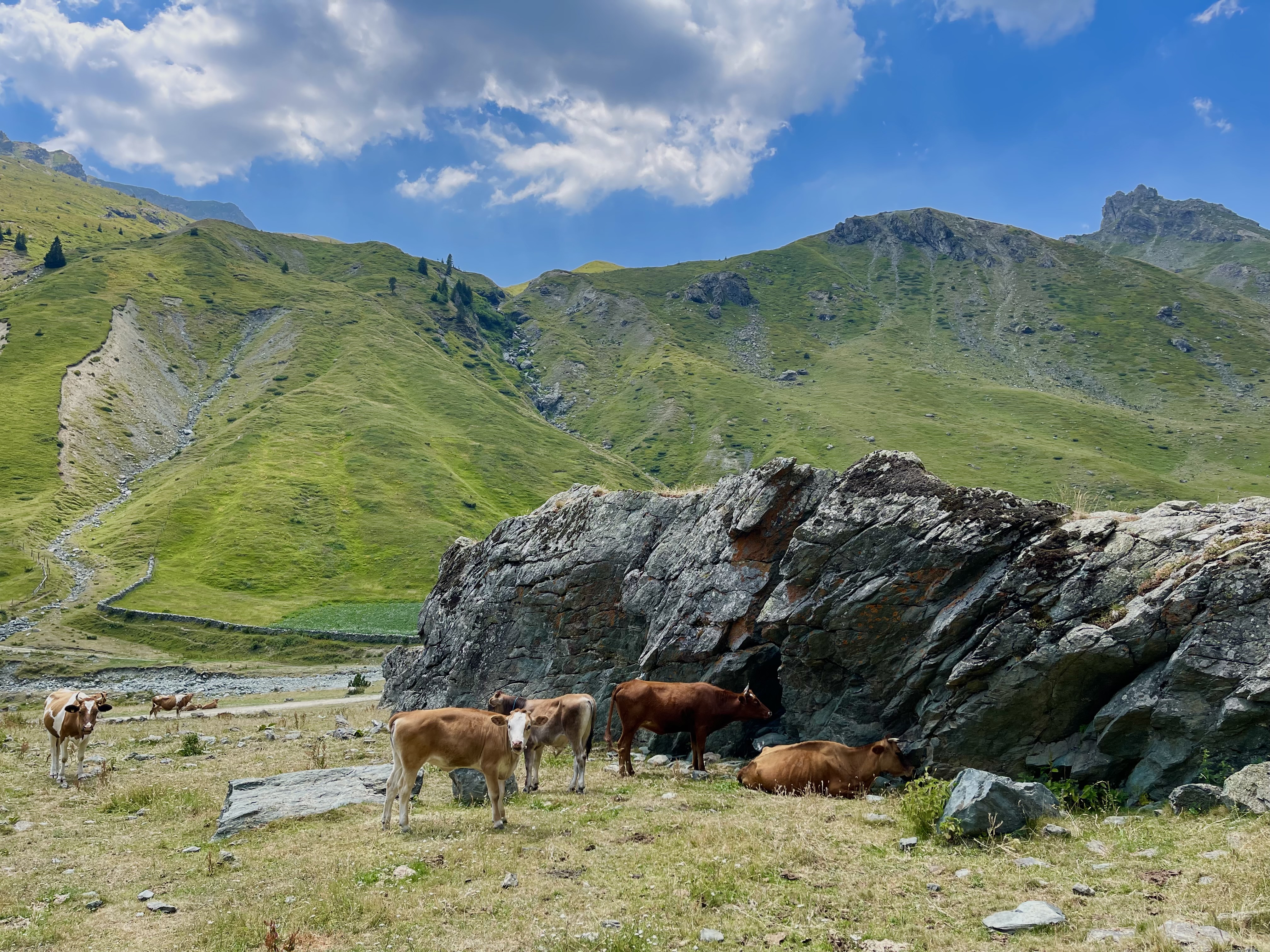
A panoramic view from the Sylbica Highlands
Solar Panel. Solar Energy. These words are no longer stranger to Vasilika! She has come to understand too well the power of the sun shining on her little village of Sylbica for 260 days! Its power is bringing benefits not only to Vasilika but to other people living in that breath-taking little village. Vasilika has a story to tell and gratitude to share.
Vasilika lives in the Sylbica Highlands, among the most beautiful in Albania. Situated on the north-eastern Alps of Albania, these highlands are between 1600 and 2400 meters above sea level, making up the upper part of the Tropoja river valley. Rich in flora and rife with water sources, the highlands are an ideal place for raising livestock for at least five months a year.
The road to Sylbica Highlands is rather rough, making a four-wheel car a necessity. Often, families living in the area make their own cars available to visitors traveling to the Albanian Alps.
Sylbica and the beautiful valley of Dobedol boast many sheep folds. Open-fold and inn tourism are growing rapidly. However, care is needed to keep tourism development under control and prevent this area from being subjected to illegal construction. Construction and architecture should be developed based on zoning plans. Otherwise, we risk losing the most scenic and fertile highlands in Albania.
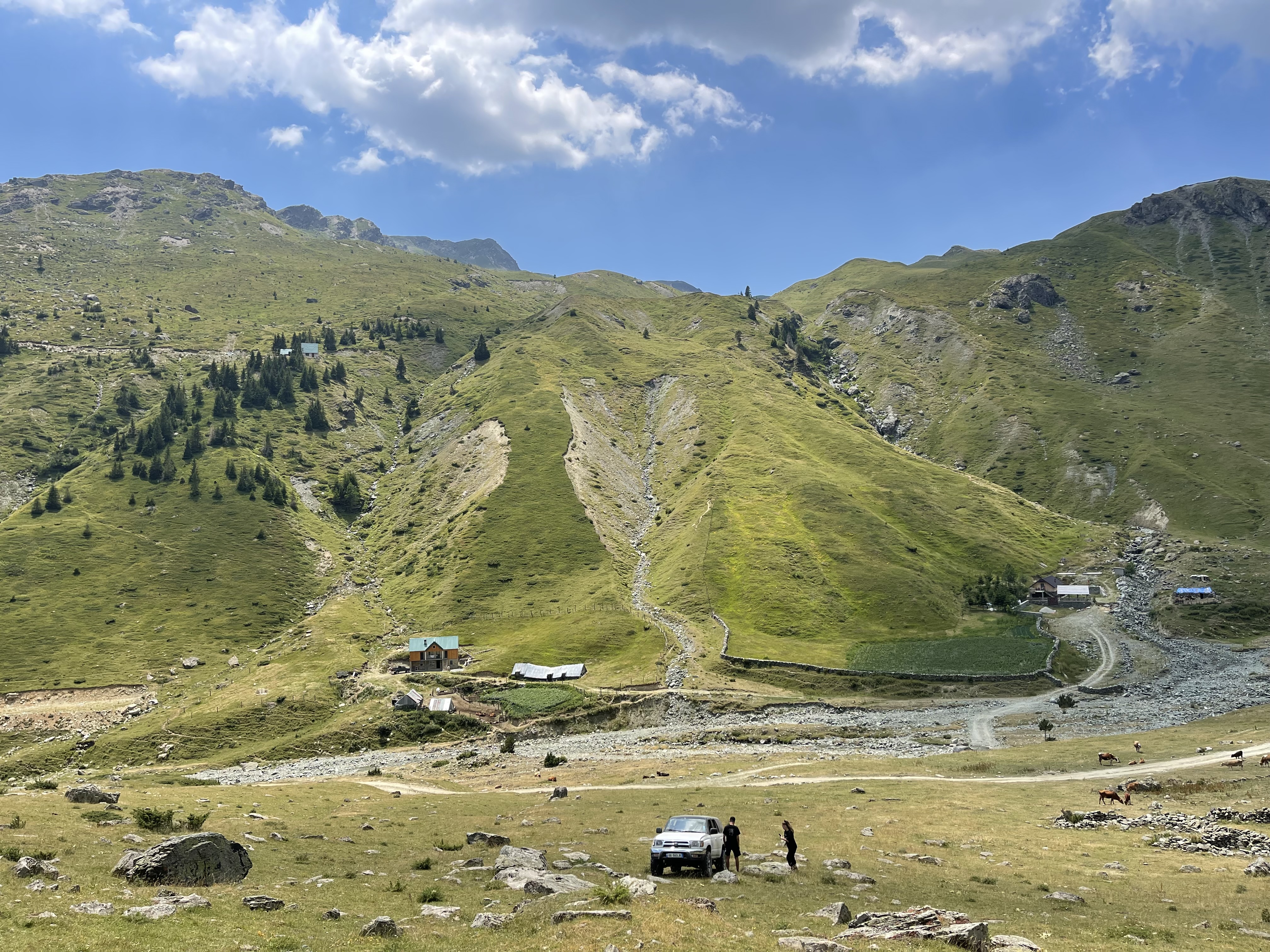
Sylbica Highlands
At Vasilika’s fold
Vasilika Cenaj is a permanent resident of these highlands. She breeds 14 cows and does a lot of other chores in the summer fold. A mother of three children, she is the main character in her family. Milk processing, working in her small garden in front of the fold, and blueberry picking are some of the numerous chores Vasilika carries out daily. Her family has no other sources of income than engage in livestock raising, pick as many blueberries as they can, and sell what little produce they get from their garden in the highlands.
There is no electricity in these highlands. There is no phone communication. Only one hotel in the middle of the Highlands has the "luxury" of internet access. It serves as a communication hub for all the local inhabitants, helping them to keep in touch with their family members.
In Vasilika’s animal shed, just like in others, too, the sun is the sole source of light. Good news is that Vasilika benefitted from a small grant to install solar panels for energy production. Thanks to this support, ten animal sheds in the Albanian Alps now have solar panels – which may supply electricity for up to five lamps.
Vasilika’s says: I can’t believe I have electric light which is so indispensable for all other chores. "Every day I am thankful for this wonderful gift to my shed," Vasilika says. "Now all my dairy produce is of much higher quality because everything I do, I do it in the solar panel light. You have brought light not only to my small shed but to my entire family,".
Vasilika goes on. "This investment in solar panels has an extraordinary impact on the life of a Highland family. We can witness its great impact on life in the Albanian Alps too."
Vasilika is not the only one who has benefited from this support.
Precisely where the Sylbica Highlands begin, Halil Trezhnjeva and his brothers have built an inn where they also live. Besides the family living in this inn, about 25 other people may be accommodated there. There is however plenty of room for those who might wish to sleep outside in tents.
Situated on the bank of the Tropoja River, the Trezhnjeva brothers’ inn is a simple but nicely built construction, made of stone and combined with woodwork and sparse concrete.
Like everywhere else in the Highlands, lack of electricity is a problem. For this reason, UNDP through the GEF supported the Trezhnjeva family with the purchase of a solar panel. It is sufficient to light the main premises of the inn. Now Halil has also managed to put together a small "HEC"—as he calls it—referring to a small generator that meets the needs of the inn.
Besides being able to breed about 40 heads of cows, the land in the Sylbica Highlands is very productive. Water for land irrigation is plentiful here.
Halil says they grow up to 50 kg of potatoes and other vegetables.
The food served in the inn comprises dishes from the local tradition: chicken with flour sauce pie with wild plants grown in the highlands, roasted meat, wafer with sherbet, rice pudding.
Everything is perfect!
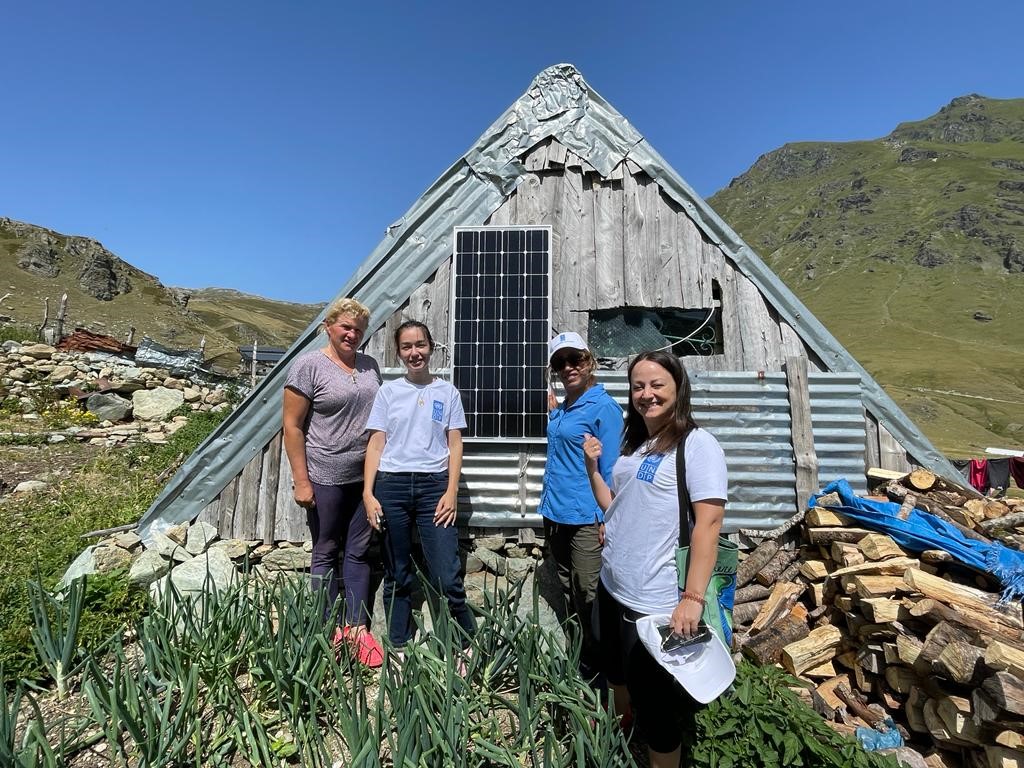
Visiting Vasilika's fold, a permanent resident of Sylbica's highlands
"Thanks to solar lighting, we manage to work at night, too. We work nonstop. It takes a long time to milk 40 cows and process their milk. Before, our milk went sour because we could not process it in time. Now, thanks to the panel light, this is no longer the case. We are eternally grateful for this support." Halil says.
A Low Value Grant from the GEF-funded project "Environment information management and monitoring system in line with global reporting," which is being carried out by the local civil society organization "Iliria," is helping to support these small-scale but very effective measures.
Through a transparent selection procedure, the organization chose 10 livestock farms to receive support with solar panel installation in their summer hut.
Solar panels were able to produce electricity for lightning four lamps and equipment for charging batteries of cell phones or radios, equivalent to the same power.
A Memorandum of Good Understanding was signed by 45 farmers with the intention to later establish a formal organization which will work to sustainably use the natural resources of Tropoja.
If you ever visit Sylbica, do visit Vasilika’s or Halil’s folds. You will be served with love!

 Locations
Locations
